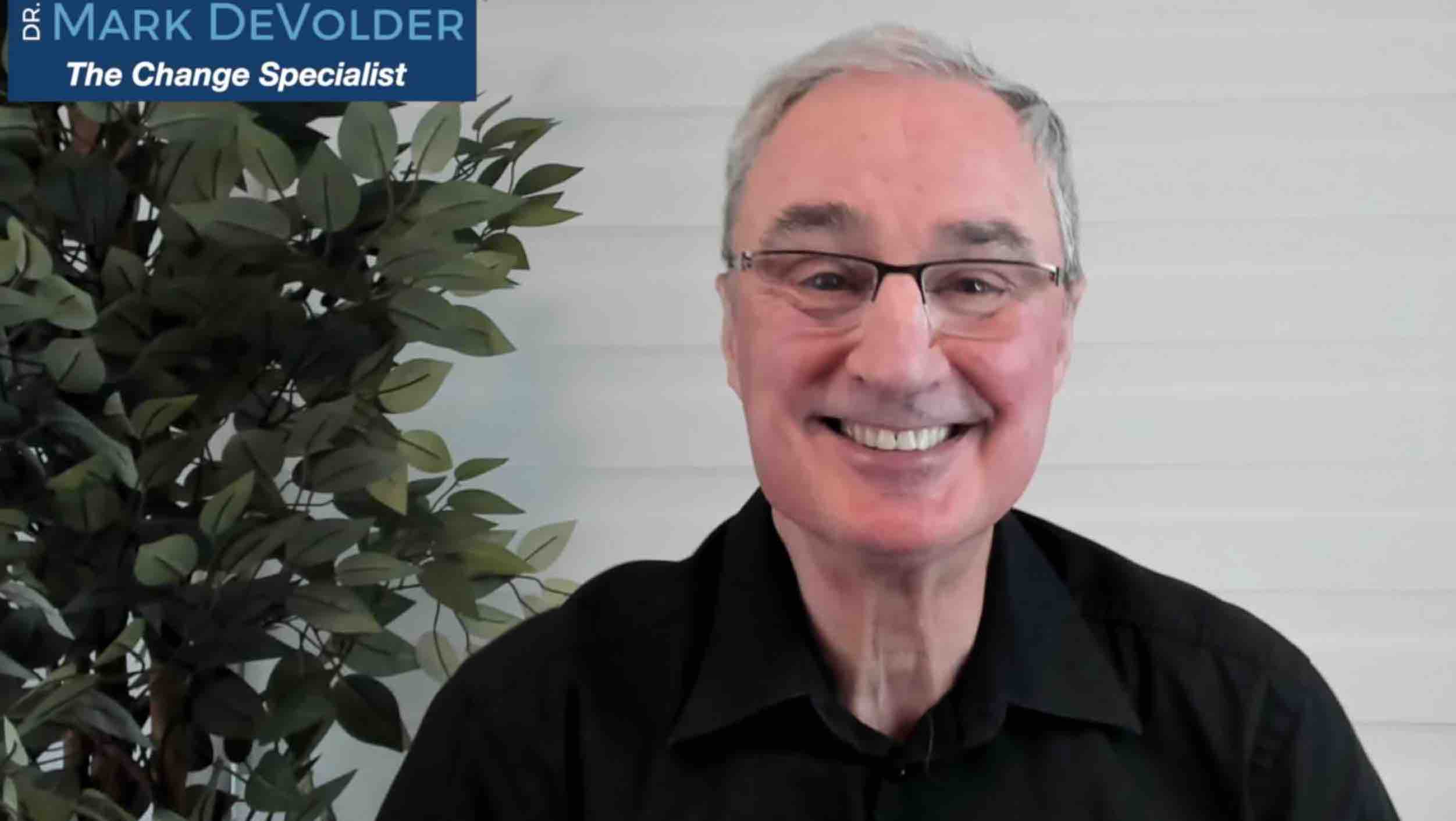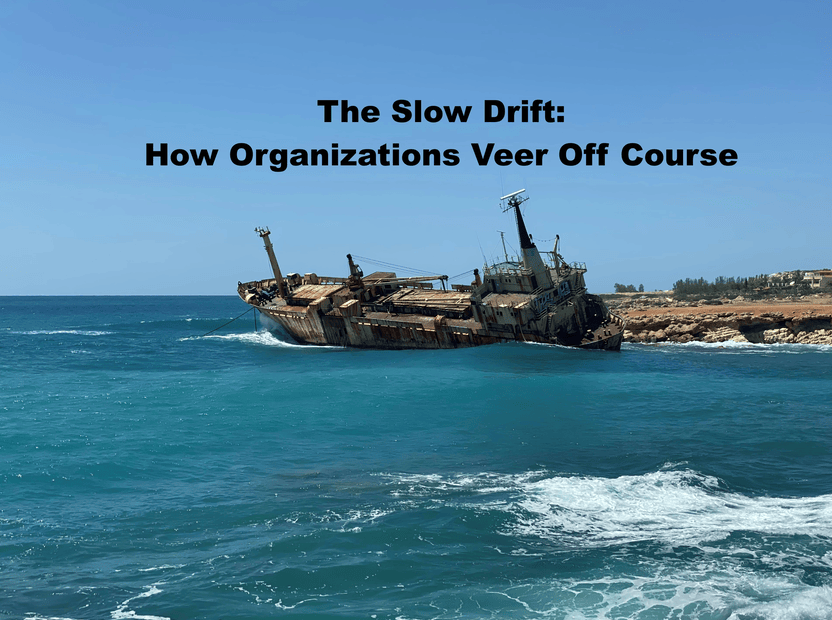Change and Resilience are linked together. In fact, it’s impossible to be resilient without learning to adapt to change. That’s why, adaptability is such an important skill to Increase resilience. It’s even the number one predictor of success!
Do you want to become more resilient? Increase resilience with my top tips:
Recognize your emotional reactions to adversity. Everyone responds differently to adversity. You might feel emotional stress, fear or anxiety. It’s important for you to recognize your reaction, because that reaction is actually a signal. That signal is meant to get your attention by making you feel uncomfortable. The discomfort you’re feeling is designed to move you to positive action to grow and improve. Unfortunately many people misunderstand the signal, and try to make the stress go away rather than dealing with it.
Use your reaction as motivation to grow. Rather being paralyzed by adversity, learn to be mobilized by taking action. How? The next step is the most important.
Focus on what you can control. This is difficult to do because during adversity, we are constantly reminded that they are many things that are out of our control. It’s natural to fixate on the negative things that happened to us; we may also grieve all that we’ve lost.
That why Art Berg’s story is both fascinating and instructive.
Art Berg was a motivational speaker and advocate for people with disabilities. While on vacation with his family in Hawaii, Art dove into the ocean, not realizing the water was shallower than he thought. The impact of hitting the bottom of the ocean broke his neck,
fracturing the fifth cervical vertebrae (C5). His spinal cord was damaged, resulting in total paralysis from the neck down.
This accident was both life-changing and devastating for him. With no possibility to reverse the damage that was done, he faced a future confined to a bed or wheelchair, totally dependent on others to care for his needs. But rather than accepting this fate, he began working with a physical therapist. Although he couldn’t move his arms and legs, he could still move his head and neck. Art was told that some individuals with C5 injuries may be able to use their neck muscles to move their arms to some degree.
Gradually, Art learned to raise his arms with his neck muscles by tilting his head to the opposite side, to help initiate movement in the arms. He learned to move his thumbs this way. His accomplishments were amazing; He learned to swim, paraglide and play wheelchair rugby. He even become an elite wheelchair athlete, competing in 300 mile races.
When asked how he was able to do the “impossible”, he said, “Focus on what you have, not what you don’t have.” Before his accident he was able to do 10,000 things. After the accident he could still do 9,000. Art summed up his advice like this, “When we focus on what we can’t do, we get discouraged. But, when we focus on what we have we find new solutions to old problems.
Do you want to increase your resilience? Take action. Learn and Grow during change and adversity and you’ll be more resilient.
Dr. Mark DeVolder is a Top Change Management & Transformation Expert, Award Winning Motivational Keynote Speaker Empowering Confidence through Change. Mark can teach you how to change, anticipate business trends and accelerate future-proof transformation. He’s done it before with industry leaders like Qatar Petroleum, PepsiCo, Royal Bank of Canada and Bristol-Myers Squibb.





